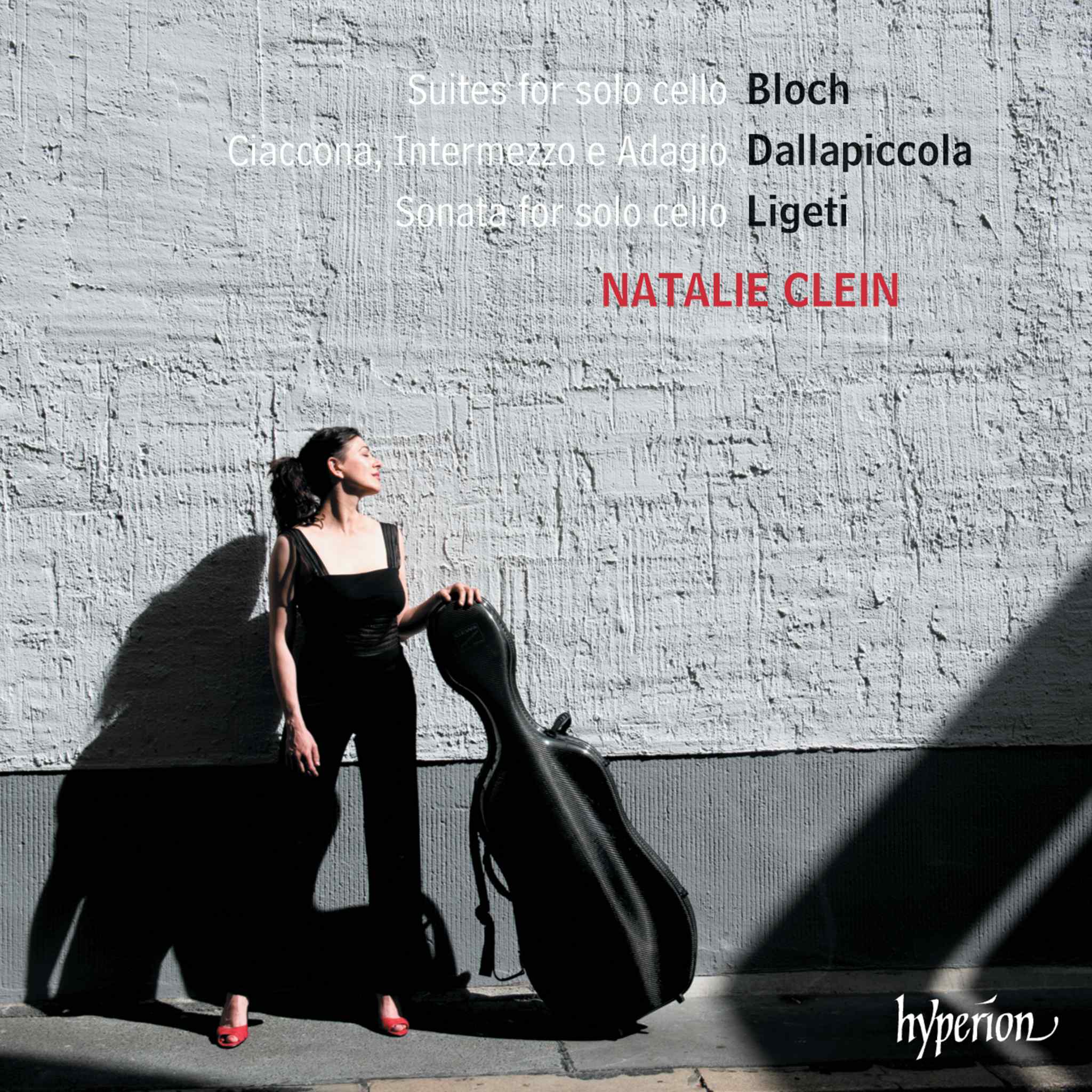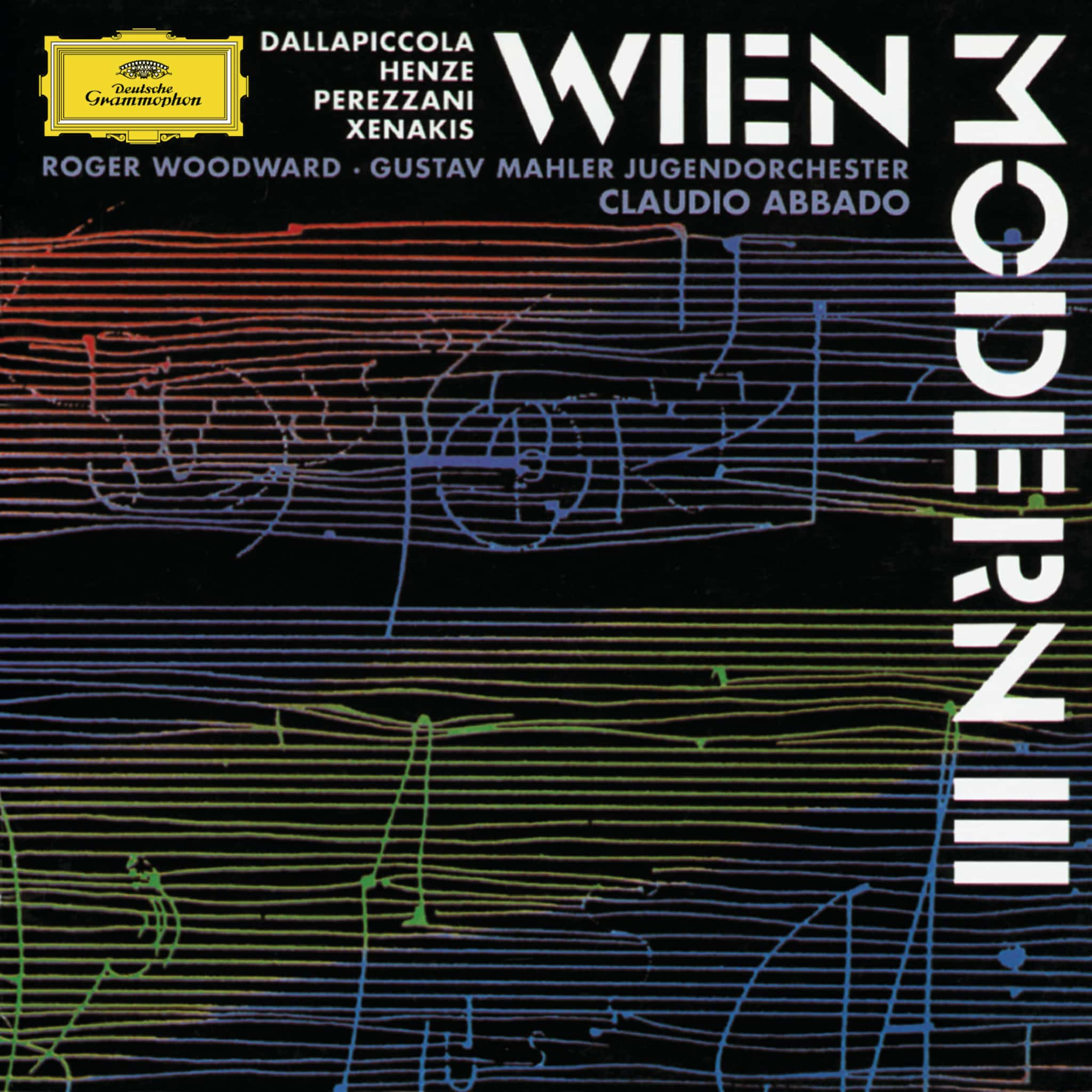The Captivating World of Luigi Dallapiccola
Luigi Dallapiccola (1904–1975) stands out as a leading figure in 20th-century Italian music, renowned for his lyrical adoption of twelve-tone (dodecaphonic) techniques and his commitment to expressive, emotionally charged compositions. His oeuvre encompasses instrumental, operatic, and vocal music, often marked by themes of war, silence, resistance, and liberation.
Major Works and Themes
One of Dallapiccola’s most significant pre-war compositions is Canti di prigionia (1938–41), a song cycle for chorus and ensemble that explores the theme of imprisonment. Written as fascism rose across Europe, the work reflects his personal and political turmoil, particularly after Mussolini’s anti-Jewish laws affected his family directly.
Il prigioniero (1944–48) is a single-act opera regarded as his best-known work. This opera dramatically portrays a political prisoner’s dashed hopes of liberation and is the culmination of a triptych on imprisonment and freedom, revealing Dallapiccola’s deep disillusionment with fascism. The music combines twelve-tone technique with poignant lyricism, and its story is both beautiful and chilling.
Canti di liberazione (1951–55) completes the triptych begun with Canti di prigionia and Il prigioniero. This cantata continues his examination of themes like captivity and spiritual freedom.
Liriche Greche (1942–45) was Dallapiccola’s first work written entirely in twelve-tone style. These songs for solo voice and instruments reveal his refined approach to serialism, emphasizing color and melodic expressivity rather than austere calculation.
His operatic debut, Volo di notte (1940), drawing on Saint-Exupéry's "Vol de nuit," displays influences from Alban Berg, especially in vocal-instrumental interplay and dramatic structure.
Dallapiccola's Works in Performance
Experience the captivating world of Luigi Dallapiccola with STAGE+. Discover a range of his most stunning works in "War Silence - Rare Italian Piano Concertos," performed by Roberto Prosseda and the London Philharmonic Orchestra, under the direction of Nir Kabaretti. These riveting performances provide a profound introspection into the rich tapestry of Dallapiccola's compositions.
Immerse yourself in the world of classical music with Claudio Abbado's exploration of Antonio Vivaldi to Richard Wagner's masterworks. Topped off with glamorous Galas and Recitals, this journey traces not just the breadth of Abbado's own career but also the evolution of classical music itself.
Solo cello suites often offer the most intimate look at a composer's craft. "Bloch, Ligeti & Dallapiccola: Suites for Solo Cello" features Natalie Clein brilliantly interpreting these profound pieces, providing a unique insight into these composers' unique techniques and expressive capabilities.
Savor the blending of styles and periods in "Schnittke / Poulenc / Silvestrov / Walton / Dallapiccola," a compelling compilation by Duo Gazzana. The Duo skillfully navigates through these distinct compositions, creating harmonies that echo with a resonance that transcends time and borders.
Enjoy an elegiac performance with "Tartini, Rochberg, Dallapiccola: Elogio per un'ombra." Michelle Makarski and Thomas Larcher deliver a profound interpretation of these composers' works, truly capturing the evocative nature of their music. Discover a deeper connection to these musicians through a compilation that beautifully showcases their diverse styles.





